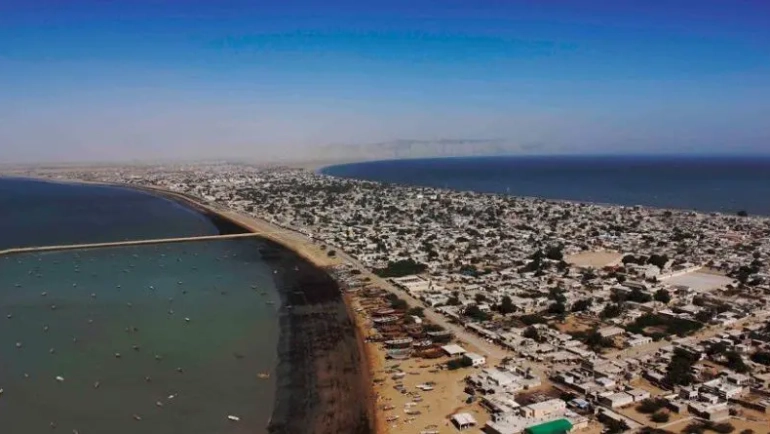Newspaper Article Special Focus 22/06/2015
The recent policy postures of Modi government in India are contrary to the expectations of the well-wishers of South Asian region. Modi’s main agenda was to prioritize economic diplomacy to facilitate India’s economic revival. In his initial statements he promised that economic agenda would be the main driver of his foreign policy. To achieve this it was expected that Modi would ensure peaceful external conditions in India’s immediate neighborhood. More than once, Modi has made clear his intention of turning border regions into porous business hubs by easing restrictions, strengthening infrastructure connectivity, and genuinely integrating common markets. However, nothing came out on ground and it was just all talk and no action many analyst believe that Modi deviated from his promises and instead of giving priority to geo-economics he gave preference to geopolitics.
What happened in Modi’s one year? He instead of focusing on his economic agenda, followed a narrow vision of nationalist thinking that pushed him towards geopolitics and major power politics. His foreign policy remained hostage by domestic politics that led India towards adventurism. The cancellation of foreign secretary talks with Pakistan and violation of LoC were clear examples of this attitude. Modi and his team became impulsive and unpredictable. Many experts were rightly predicting that the biggest challenge to India would not come from Pakistan or China; it would be internal, coming from India’s ambitious leaders and from Modi’s own backers in the BJP and its affiliates.
India pursued predominantly hegemonic strategies and was not able to generate followership among its small neighbours. The South Asian Case, therefore, shows the discrepancy that exists between the possession of power capabilities and the ability to exercise actual influence. The main reason behind this discrepancy is Indian attitude towards its small neighbours. Instead of providing supportive role in the region, its policy has been very aggressive especially with Pakistan. Indian policies with regard to separation of Bangladesh from Pakistan in 1971, the ethnic crisis in Sri Lanka in 1987 and the attempted military coup in Maldives in 1988 are cited as illustrations of India’s hegemonic authority in region. Even today Pakistan has shown concerns on India’s interference in Baluchistan, FATA and Karachi.
Realist approaches are quite right to insist that political rivalry and mistrust between India and Pakistan constituted an impediment to their cooperation. Theoretically speaking India is following real politics of zero-sum game. India does not want Pakistan have any relative gain in terms of its economic development and political stability. Indian External Affairs Minister SushmaSwaraj revealed on May 31, 2015 that Indian Prime Minister NarendraModi “very strongly” raised the issue regarding China-Pakistan Economic Corridor (CPEC) during his visit to Beijing, and termed the project “unacceptable”. Special Assistant to the Prime Minister on Foreign Affairs Ambassador (retired) Tariq Fatemi said on June 2, 2015 that India’s stance on the China-Pakistan Economic Corridor (CPEC) was inexplicable. CPEC will promote peace and stability not only in Pakistan and China but in the entire region.
While referring to the statement of Modi in Bangladesh, the resolution said such statements confirm Pakistan’s belief about past and present Indian involvement in destabilizing Pakistan. A renowned Indian scholar, MrKuldipNayar in his article “Modi’s Not-so-fruitful Visit to Bangladesh” has criticized the visit. According to him “Prime Minister NarendraModi’s visit to Dhaka was mistimed. It looked as if he had gone to shore up the sagging image of Prime Minister Sheikh Hasina. He has only heightened the anti-India feeling graph. New Delhi is not seen neutral.” India’s aggressive posture towards Pakistan is not only affecting the regional economic development but also posing challenges to regional peace and security. Both India and Pakistan are nuclear powers therefore, any misadventure from India would have dangerous consequences.
Pakistan Observer, Jun 16, 2015
Disclaimer: Views expressed are of the writer and are not necessarily reflective of IPRI policy.


